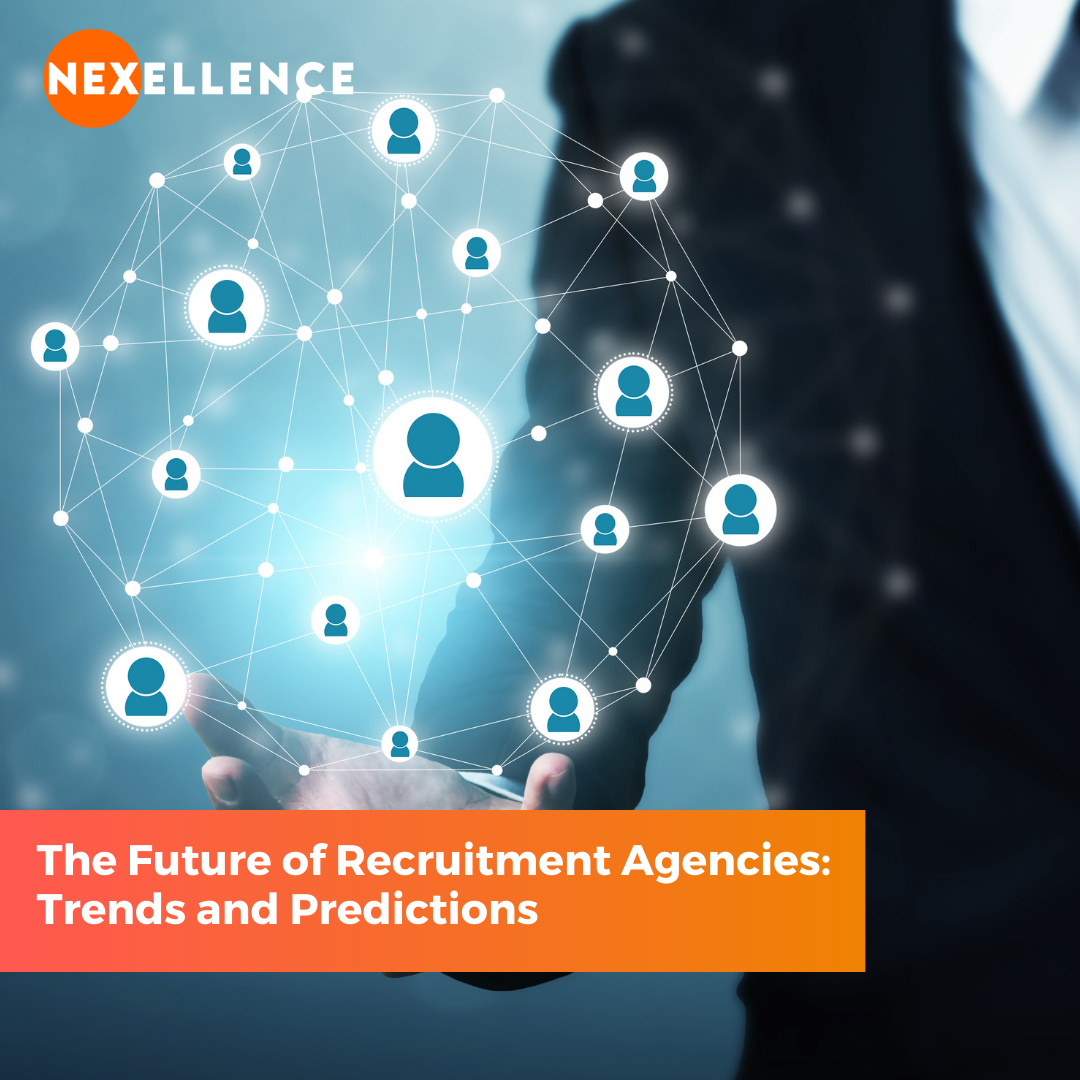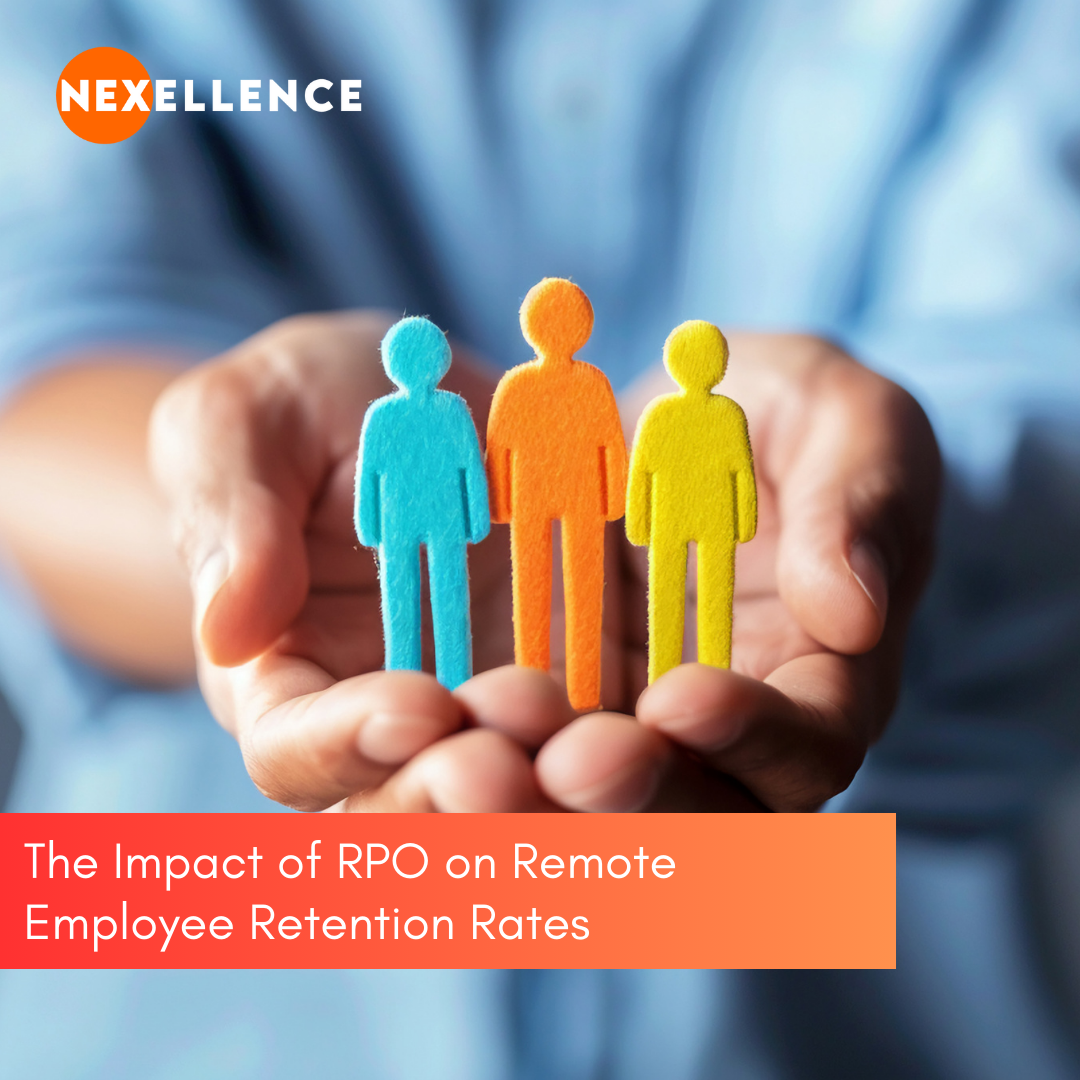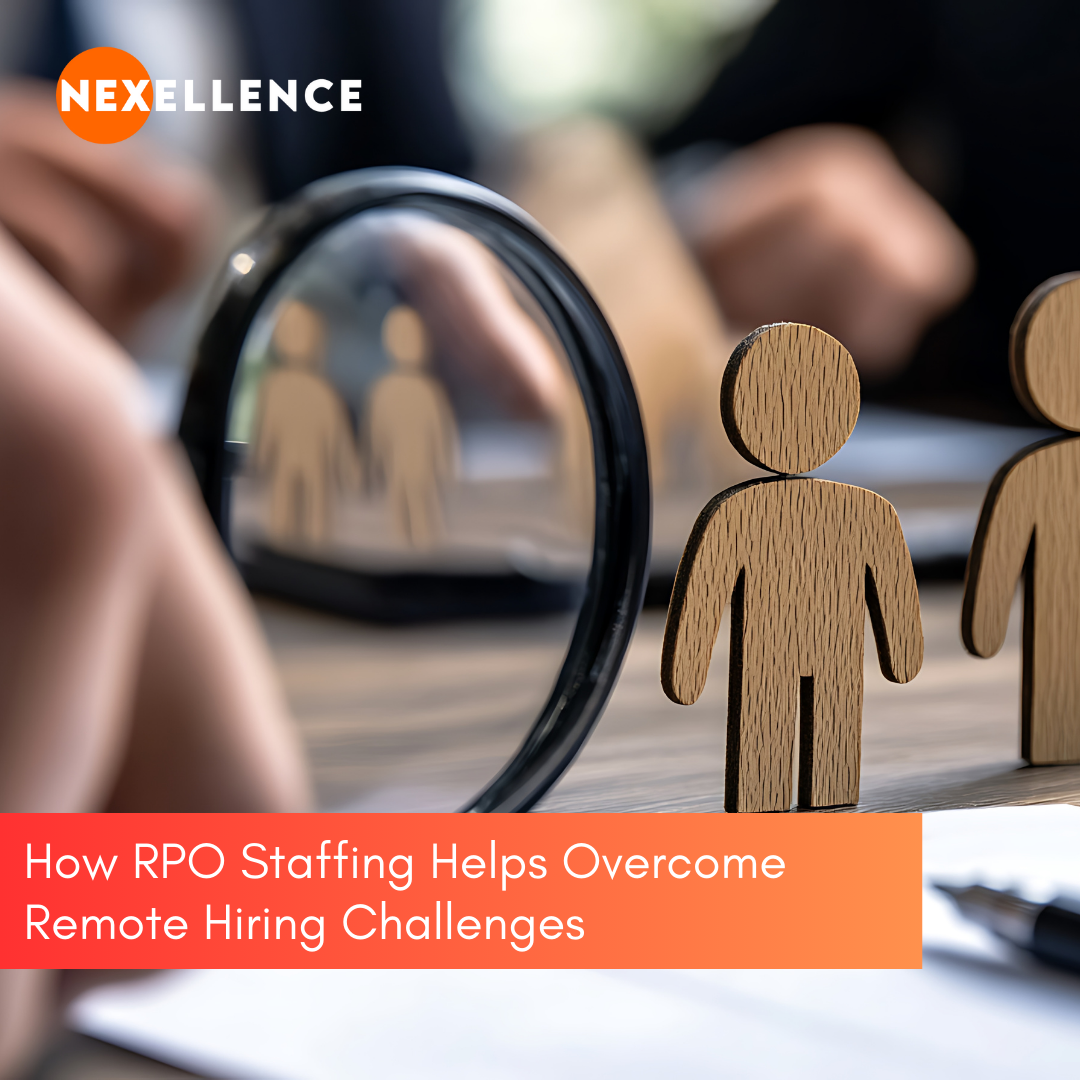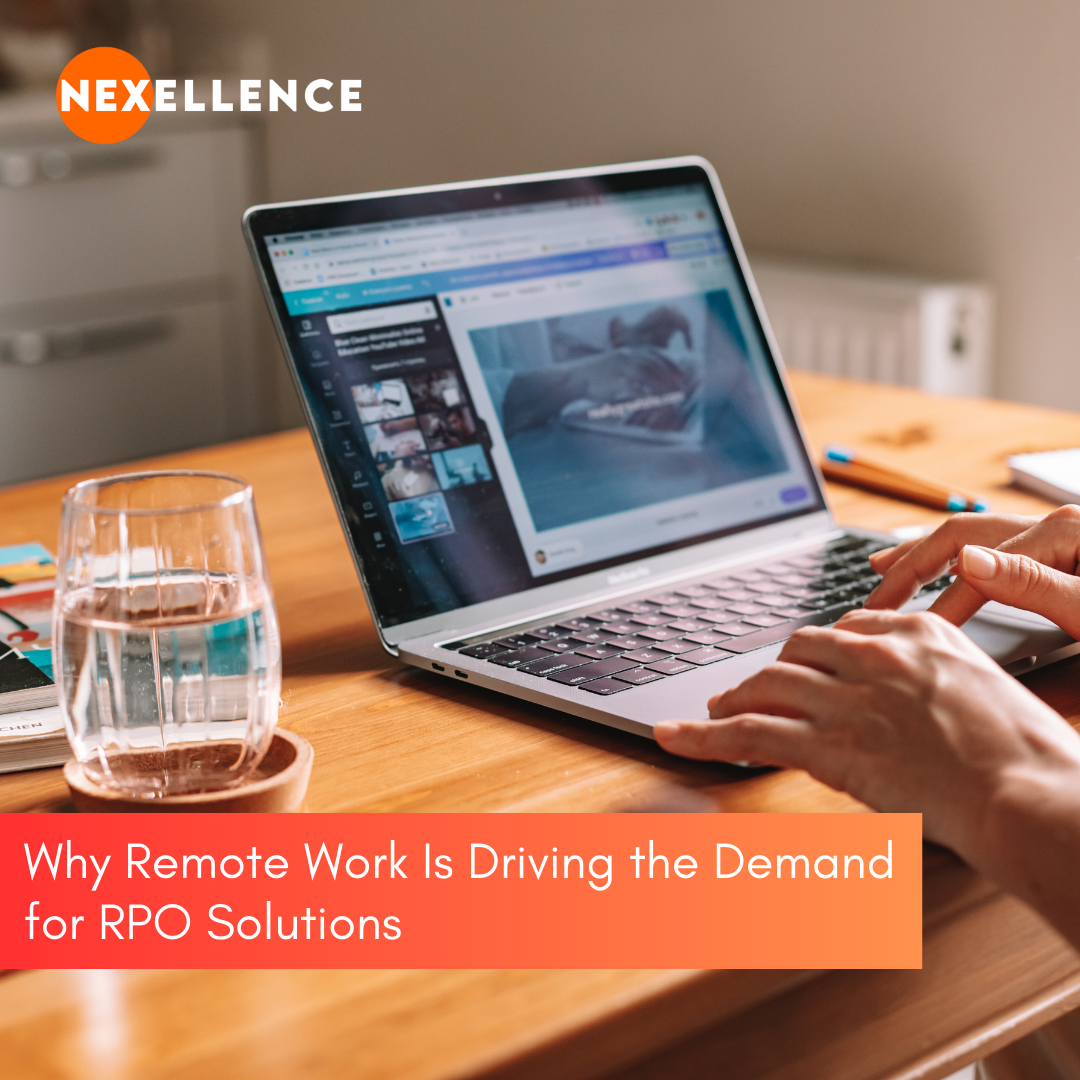The recruitment industry is evolving rapidly, driven by technological advancements, changing workforce dynamics, and shifting candidate expectations. As we look to the future, several key trends and predictions emerge that will shape the landscape of recruitment agencies. Here’s a comprehensive overview of what to expect and how agencies can stay ahead of the curve.
1. Increased Adoption of Artificial Intelligence (AI) and Automation
AI-Powered Tools
- Enhanced Candidate Matching: AI algorithms will continue to improve, offering more precise matching of candidates to job roles based on skills, experience, and cultural fit.
- Automated Screening: Automation will streamline initial candidate screening processes, saving time and reducing bias.
Chatbots and Virtual Assistants
- 24/7 Candidate Engagement: AI-powered chatbots will handle initial inquiries and provide information to candidates around the clock.
- Efficient Interview Scheduling: Virtual assistants will manage interview scheduling, reminders, and follow-ups, enhancing the candidate experience.
2. Remote and Hybrid Work Models
Remote Recruitment Processes
- Virtual Interviews: Video interviewing will become the norm, with advanced platforms offering features like asynchronous interviews and AI-driven analysis.
- Remote Onboarding: Digital onboarding tools will facilitate smooth integration of remote employees, ensuring they feel connected and supported.
Hybrid Workforce Management
- Flexible Work Policies: Recruitment agencies will need to adapt to clients’ evolving work policies, sourcing candidates comfortable with hybrid work environments.
- Global Talent Pools: The ability to work remotely will expand talent pools globally, allowing agencies to tap into a more diverse range of candidates.
3. Focus on Diversity, Equity, and Inclusion (DEI)
Diverse Hiring Practices
- Bias Reduction Technologies: Tools that mitigate unconscious bias in job descriptions, resume screenings, and interviews will become more prevalent.
- Inclusive Sourcing: Recruitment strategies will increasingly focus on sourcing candidates from diverse backgrounds and underrepresented groups.
Employee Resource Groups (ERGs)
- Support Networks: Agencies will facilitate the creation of ERGs within client organizations to support diverse hires and foster an inclusive workplace culture.
- Mentorship Programs: Development of mentorship programs aimed at nurturing diverse talent will become a key differentiator for forward-thinking agencies.
4. Data-Driven Recruitment Strategies
Predictive Analytics
- Hiring Success Prediction: Advanced analytics will predict candidate success and retention rates, allowing for more informed hiring decisions.
- Talent Market Insights: Real-time data on talent market trends will enable agencies to advise clients on competitive compensation, benefits, and hiring strategies.
Performance Metrics
- KPIs and Dashboards: Recruitment agencies will rely on detailed KPIs and interactive dashboards to monitor the effectiveness of their strategies and make data-driven adjustments.
- Continuous Improvement: Data will drive continuous improvement in recruitment processes, identifying bottlenecks and optimizing workflows.
5. Candidate Experience as a Priority
Personalized Communication
- Tailored Interactions: Personalization technologies will enable more tailored communication with candidates, enhancing their experience and engagement.
- Candidate Portals: Self-service portals will allow candidates to track their application status, receive updates, and access resources.
Feedback and Improvement
- Regular Feedback: Implementing systems for regular candidate feedback will help agencies understand pain points and continuously improve the recruitment process.
- Experience Metrics: Measuring candidate experience metrics will become crucial in refining strategies and building a positive employer brand.
6. Integration of Advanced Technologies
Blockchain for Verification
- Secure Credentials: Blockchain technology will be used for secure verification of candidate credentials, ensuring authenticity and reducing fraud.
- Transparent Processes: Blockchain can provide transparency in the recruitment process, building trust between candidates, agencies, and employers.
Virtual Reality (VR) and Augmented Reality (AR)
- Immersive Interviews: VR and AR will offer immersive interview experiences, allowing candidates to demonstrate skills in simulated environments.
- Virtual Job Fairs: Virtual career fairs using VR will enable candidates to explore potential employers and roles interactively.
7. Strategic Partnerships and Collaboration
Vendor Partnerships
- Technology Integration: Recruitment agencies will form strategic partnerships with technology vendors to integrate the latest tools and platforms seamlessly.
- Shared Resources: Collaborating with other service providers, such as training and development firms, will offer comprehensive solutions to clients.
Client Collaboration
- Customized Solutions: Agencies will work closely with clients to develop customized recruitment solutions that align with their unique needs and goals.
- Ongoing Support: Providing ongoing support and advisory services will become a standard offering, ensuring long-term client satisfaction and retention.
Conclusion
The future of recruitment agencies is shaped by technological advancements, evolving work models, and a heightened focus on diversity and candidate experience. By embracing AI and automation, adapting to remote and hybrid work environments, prioritizing DEI, leveraging data-driven strategies, and enhancing candidate experiences, recruitment agencies can stay ahead in the competitive talent acquisition landscape. Strategic partnerships and the integration of advanced technologies will further ensure agencies are well-equipped to meet the demands of the future workforce. Embracing these trends and predictions will position recruitment agencies as essential partners in the ever-changing world of work.





